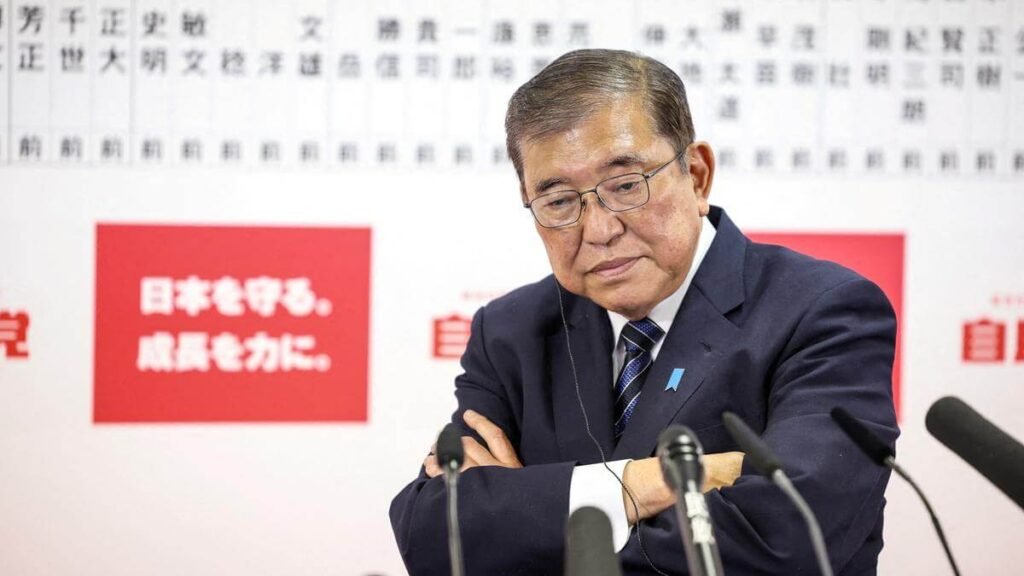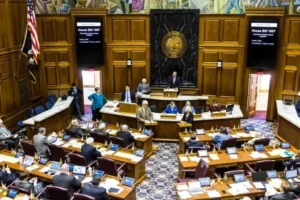Japan’s ruling coalition, the Liberal Democratic Party (LDP) and its ally Komeito, just lost their legislative majority. With 215 MPs, the alliance now falls short of the 233-seat threshold required for effective governance. Shigeru Ishiba, the recently minted prime minister and leader of the LDP, who called the election just before taking office, has pledged to remain in power despite the defeat.
In a Monday speech, Ishiba recognized the electorate’s unhappiness, describing the outcome as a “harsh verdict” and promising to restore public confidence. The LDP has suffered record-low popularity ratings, with people dissatisfied with political financing scandals that prompted high-profile probes. In addition to decreasing internal party corruption, Ishiba has pledged actions to solve these issues.
Despite the challenges faced by the LDP, Japan’s main opposition party, the Constitutional Democratic Party (CDP), has failed to bring opposition forces together effectively. With 148 seats, the CDP is quite popular with voters; their approval rating was 6.6% before the election. Yoshihiko Noda, the leader of the CDP, announced plans to collaborate with other parties to challenge the LDP’s monopoly.
Longtime LDP supporters, including Miyuki Fujisaki, express doubts about the opposition’s ability to effectively compete in upcoming elections. Fujisaki believes that while the opposition criticizes the LDP, their objectives remain unclear and lack concrete proposals for improvement. Many voters feel frustrated with the political landscape, questioning the ability of opposition parties to offer viable alternatives. Noda aims to unite various factions to strengthen their position against the ruling coalition in future elections. However, the effectiveness of these efforts remains to be seen as public skepticism persists among many citizens.
Meanwhile, Japan’s economic conditions have intensified voter dissatisfaction, mainly as inflation drives up daily costs while wages remain stagnant. With the steep increase in the cost of necessities such as food and utilities, many Japanese citizens are feeling the pinch. High prices restrict options, forcing people to find innovative methods to save money while managing their finances. Elderly individuals like Chie Shimizu face significant challenges in making ends meet amid rising living costs.
Ishiba has promised to address these pressing economic issues and boost rural Japan through effective policies and initiatives. However, his administration faces immense pressure to respond swiftly and efficiently to the ongoing challenges. Given the political changes and rising expenses, the public believes the government has a long way to go. Many citizens feel concerned about regaining their confidence in Japan’s government amid these persistent challenges and uncertainties.










